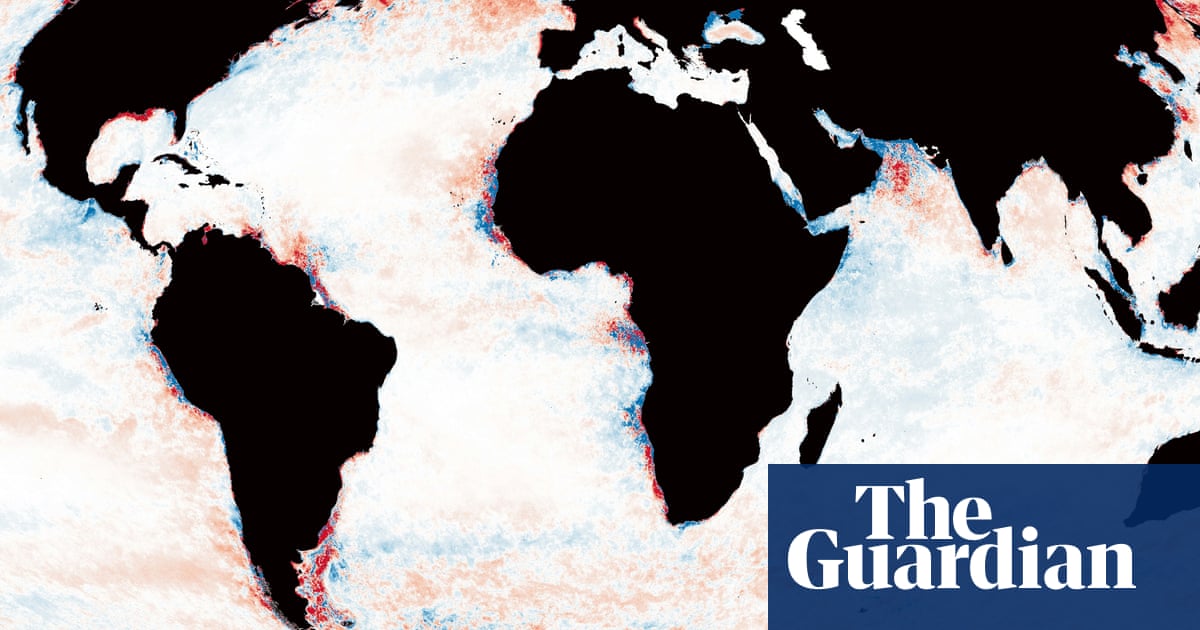
"Great swathes of the planet's oceans have become darker in the past two decades, alarming researchers who warn that this trend poses serious threats to marine life."
"Dr. Thomas Davies cautioned that the darkening affects over 20% of the world's oceans and disrupts photic zones crucial for marine ecosystems and global fisheries."
A study shows that over the last 20 years, more than a fifth of the planet's oceans have darkened, reducing crucial photic zones where marine life thrives. This trend, revealed through satellite data, impacts 75 million square kilometers of ocean, affecting the upper layer where most marine species live, including phytoplankton which is vital for oxygen production and marine food webs. Researchers warn of severe implications on marine ecosystems and global fisheries as healthier habitats are forced to retreat due to diminished light penetration.
Read at www.theguardian.com
Unable to calculate read time
Collection
[
|
...
]